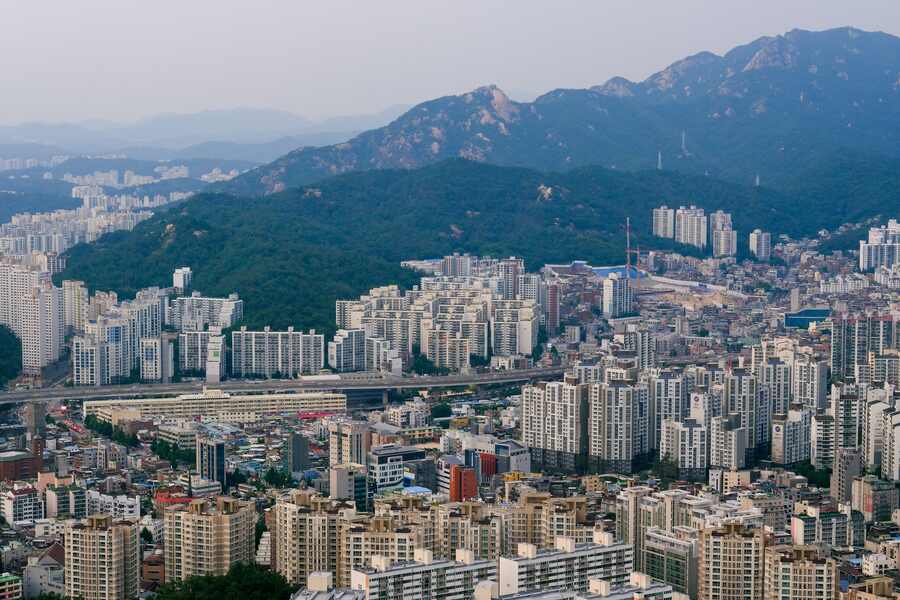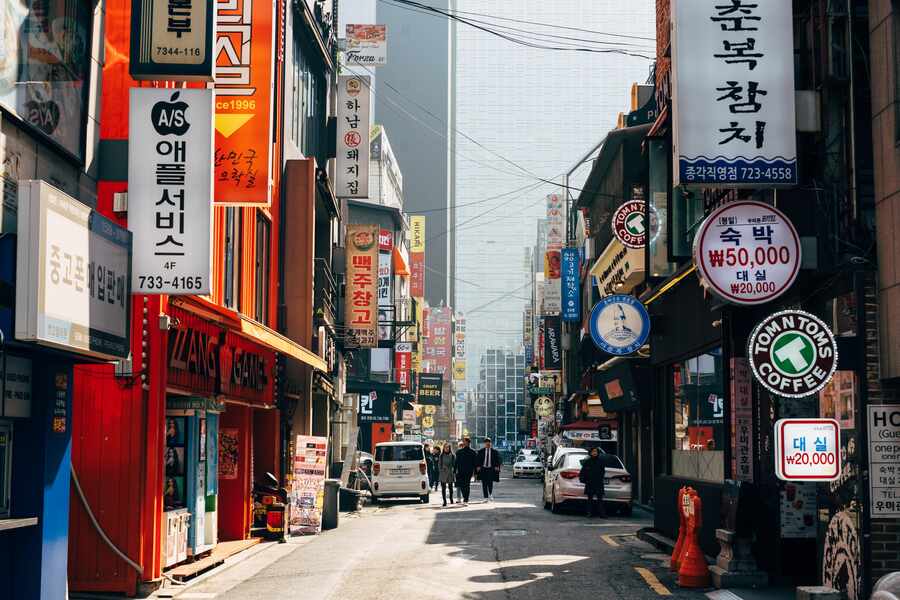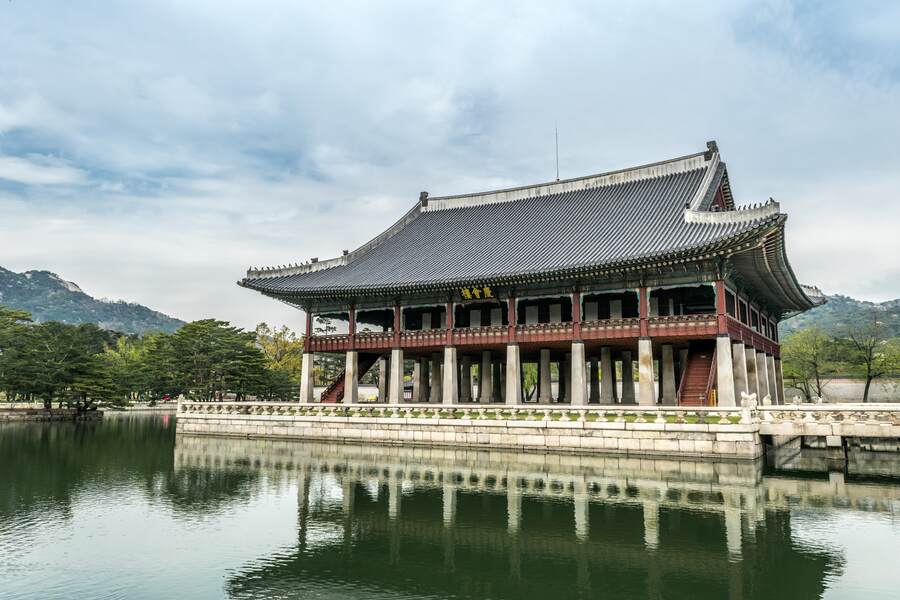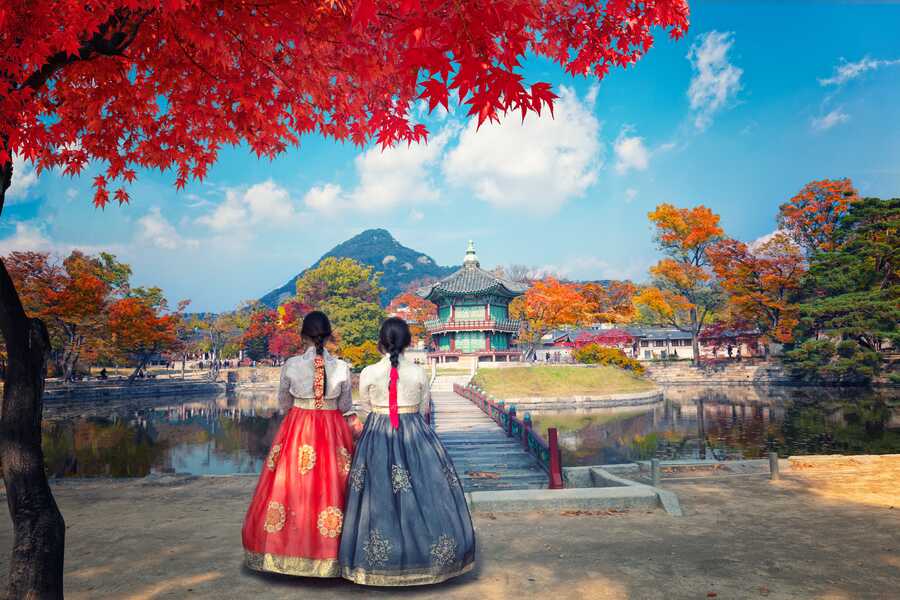South Korea: A Dynamic Blend of Tradition, Modernity, and Adventure
South Korea, officially the Republic of Korea, is famous for many things. It is a country that beautifully marries ancient traditions with futuristic innovations. The capital, Seoul, is a desired destination for many and has it all. From bustling streets to serene temples, South Korea has cemented its status as a must-visit for any traveller worldwide. However, beyond its glittering cityscape and breathtaking natural charm, South Korea’s tourism industry is a vibrant, dynamic sector with its fair share of exciting insights and challenges.
The Rise of South Korean Tourism
Over the past few years, South Korea has experienced a remarkable tourism boom, primarily driven by the global popularity and rise of K-pop, Korean dramas, and films. It has captivated millions around the world and is a big reason for the increase in tourism. But this is not all there is to South Korea; it goes further than just its entertainment industry (though it is the biggest reason). The country has a unique cuisine, various festivals and events, and a rich history, making it a multifaceted destination for all travellers.

The capital city, Seoul, is often the first stop for tourists, where sleep is overrated, and a stunning contrast between past and present can be seen. Even though Seoul is a massive city, its subway system is straightforward and always on time, making it easy to get around and move yourself from one side of the city to the other. Traditional markets, palaces, or villages are made extra fun for tourists as there are a lot of places that let you rent their traditional clothing, the Hanbok. This is especially popular at the historic Gyeongbokgung Palace, where entry will be free when wearing the Hanbok. For impressive skyscrapers, you have to be at Gangnam, and in the evenings in Myeongdong, you can enjoy their street food while shopping.

Outside of Seoul, Jeju Island is the perfect place for nature lovers or honeymooners. It is a treasure trove filled with volcanic landscapes and picturesque beaches. We cannot forget Busan, the second-largest city in South Korea. This coastal city is popular for its beaches, fresh seafood, and, during summer months, its famous Haeundae Beach.
Culinary Adventures: A Taste of South Korea
Exploring South Korea’s culinary scene is one of the most delightful ways of getting to know the country. Korean cuisine is bold, flavourful, and deeply rooted in tradition. There is always something to tantalize the taste buds when in Korea, whether this be a bowl of bibimbap (mixed rice with vegetables), a sizzling plate of bulgogi (marinated beef), or sampling street food like corndogs, fishcakes, or tteokbokki (spicy rice cakes) from one of Korea’s many stalls.
Korea’s food culture goes hand in hand with its social customs. Eating should, most of the time, be a communal experience, with dishes meant to be shared amongst friends, family, and colleagues. Korean BBQ, where meat can be grilled by oneself, is popular and offers a fun and interactive way to enjoy a meal. And then there is kimchi, the most famous side dish made from fermented vegetables, an unforgettable piece of food as pasta is to Italy.
Jeonju is a must-visit for food lovers. It is known as the food capital of South Korea. Bibimbap is its main specialty, and the vibrant food market allows you to sample a variety of dishes!
Challenges and Issues in South Korea’s Tourism Industry
While South Korea’s tourism industry is flourishing, it also comes with its challenges. One of its major issues is over-tourism in popular destinations like Seoul. This increase puts a strain on local resources and can lead to environmental degradation, which in turn affects the quality of life for locals. A balance between tourism growth and sustainable practices is a challenge that South Korea must navigate carefully.

Another concern is the seasonality of tourism. Many visitors flock to South Korea during the cherry blossom season in spring or autumn’s colourful foliage, leading to peaks and troughs in tourist numbers throughout the year. This uneven distribution can create economic instability for businesses that rely heavily on tourism.
Even though younger generations can speak English more and more, language barriers can still pose a challenge. Not everyone is comfortable speaking it, which can make communication difficult from time to time.
The Future of South Korean Tourism

In the future, South Korea is expected to maintain its position as a significant travel destination worldwide. Large investments into its infrastructure, including the expansion of Incheon International Airport and the development of smart tourism initiatives that enhance the visitor experience, have been in progress. It is also good to see South Korea’s dedication to advancing eco-friendly tourism since initiatives to save natural areas and encourage eco-friendly behaviours are gathering steam.
A rising focus is also being placed on specialist markets like wellness, medical, and adventure tourism as South Korea keeps expanding the variety of its tourism offers. The growing popularity of Korean skincare and well-being has fuelled the growth of spa resorts and wellness retreats that serve those looking for rest and renewal. This popularity can be seen and promoted, especially on platforms like TikTok.

